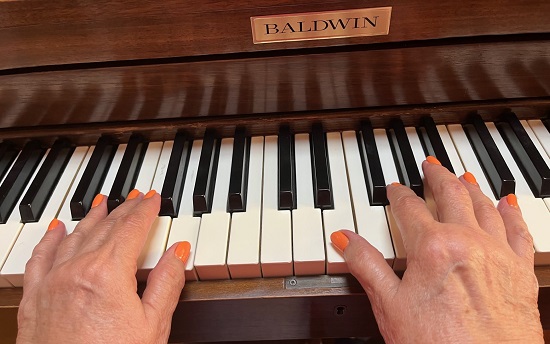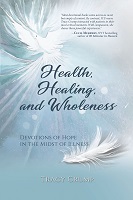Play by Ear
 My sister received most of our family’s piano ability. She plays by reading music, plus she can play by ear. If she hears a song, she eventually figures out how to play it.
My sister received most of our family’s piano ability. She plays by reading music, plus she can play by ear. If she hears a song, she eventually figures out how to play it.
To play music by ear means to play without looking at printed music.
I have a hard time playing with or without the written score.
Play by ear also means to act without specific plans or rules.
We decide what to do as we go. Rather than worry about details, we
- Remain flexible.
- Adapt to the circumstances.
- Take one step at a time.
- Deal with events as they arise.
We fly by the seat of our pants.
Some of us do well playing by ear. Others desire more organization.
We want to know:
- What are we to do?
- When are we to do it?
- How do we do it?
- Who will help us?
- What happens every step of the way?
Whether we prefer to plan or not, we can make beautiful music with our lives.
Every day offers opportunities to:
- Do our best.
- Encourage one another.
- Worship God.
“I will sing and make music to the Lord” (Psalm 27:6 NIV).
Thanks to Cindy Shoemaker for the suggestion and to Gail Gosser for the photo.
Do you have an expression you want explained or a thought about this one? If so, please comment below.
Subscribe to receive my weekly posts by email and receive a free copy of “Words of Hope for Days that Hurt.”
If you enjoyed this post, please share it with your friends.



 My mother, sister, cousin, and I were fixing to eat when I took this picture. We planned to enjoy both our food and this great view of
My mother, sister, cousin, and I were fixing to eat when I took this picture. We planned to enjoy both our food and this great view of  Everyone knows we cross a bridge when we come to it.
Everyone knows we cross a bridge when we come to it. Prayer prepares us to cross a bridge when we come to it.
Prayer prepares us to cross a bridge when we come to it. When you are on your toes, you are ready to act.
When you are on your toes, you are ready to act.